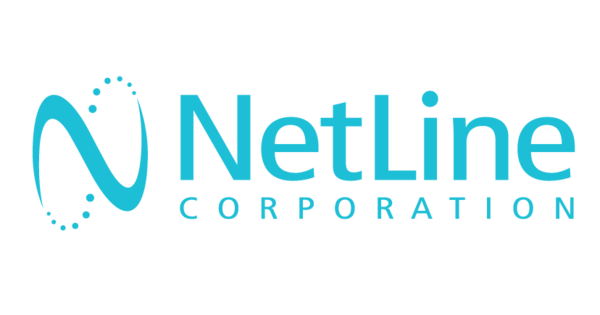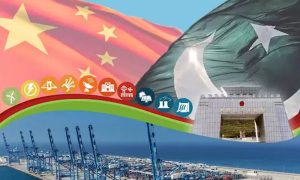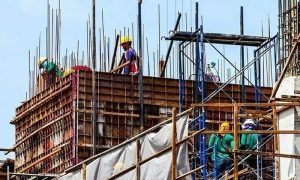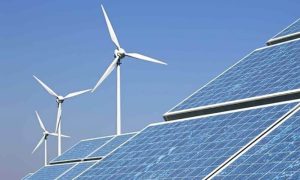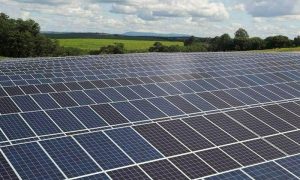Pakistan has witnessed a significant increase in Solar demand in the past few years. The increasing energy crisis, a decrease in global solar panel rates and more awareness has been the key driving factors behind this. Netline Pvt Ltd being one of the pioneers in the Pakistan on Solar Industry has enjoyed great success both in commercial projects ranging upto 500KW and in residential projects upto 30KW. The success of any solar system depends on the design, product quality and expert installation. All of which are available under a one window solution of Netline. According to the presenters of seminar on solar power held at Usman Institute, following information is needed to evaluate the system:
Solar Panel Sizing Steps
1-Determine the Watts required by each of the appliances
2-Estimate the hours per day that each appliance will use
3-For each appliance multiply the Watts times hours to get Wh/day
4-Total the Wh/day for all appliances
5-Determine the load to be served in Wh/day
6-Determine the available solar energy on at least a month by month basis(PGF)
7-Determine the types of equipment that will be used in the system so losses can be estimated
8-Calculate the size of panel that will be needed to meet the required load under the worst month conditions.
What are the key factors to consider when choosing a Solar Panel
- Site weather conditions
- Efficiency
- Voltage and current rating
- Effectiveness against the insolation and temperature
- Dimensions
- Protections
- The effect on the environment when going green
- Environmentally friendly
- No noise, no moving parts
- No emissions
- No use of fuels and water
- A one kilowatt PV system each month:
5.1. Prevents 150 lbs. of coal from being mined
5.2. prevents 300 lbs. of CO2 from entering the atmosphere
5.3. keeps 105 gallons of water from being consumed
5.4. keeps NO and SO(2) from being released into the environment
- Different Applications of Solar Systems
6.1. Solar Systems can run all types of loads including Linear and Non-Linear
6.2. Residential Energy (eg: Solar Energy Homes)
6.3. Industrial Use (eg: Solar Powered Machines)
6.4. Transportation (eg: Eco Vehicles)
6.5. Communications (eg: Cellular Towers)
6.6. Infrastructure (eg: Street Lights)


